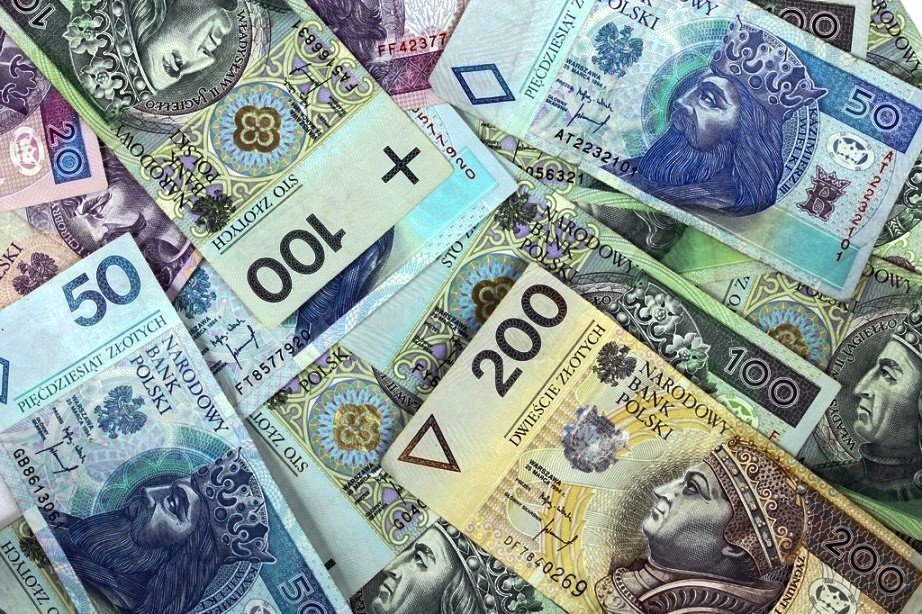Poland’s level of inflation is higher than in Western Europe as a result of higher growth in incomes leading to higher prices, according to Dr. Artur Bartosiewicz from the Warsaw School of Economics (SGH).
The economist, who spoke with the Polish Press Agency (PAP), insisted that every country faces different challenges on the labor market, a different level of competitiveness, and a different sectoral make-up. In Poland, prices of goods and services have been rising by 15.6 percent, while the average across Europe is 8.6 percent, but he warned against making direct comparisons.
The SGH economist cited the example of Germany where food prices have been less impactful on the overall inflation figure, as food has a smaller share in the overall index, just 10 percent of the total compared with 27 percent in Poland, and the sector is more competitive as well.
According to Bartosiewicz, smaller shops cannot compete on pricing with supermarket chains, which have greater leverage, a wider selection of goods, and, at times of inflation, act as a buffer to keep food prices lower. In Poland, sectors such as agriculture and food distribution are not as flexible and competitive as in other European states, and this affects food prices.
The economist also pointed to the fact that in Poland, compared to Germany, prices of energy and fuel have a greater impact on inflation. For instance, despite dependence on Russian gas, Germany’s power production is more diversified, with its energy mix containing nuclear energy, coal, and renewables whereas Poland’s dependence on coal is inflationary because of the growing costs of CO2 emission certificates.
But most importantly, in Bartosiewicz’s opinion, Poland’s buoyant growth in wages, due to the country chasing the pay levels of Western Europe, while helping grow the economy has also created greater demand leading to faster growth in prices; meanwhile, the low unemployment has led to more competition between employers on the labor market, thereby increasing levels of pay even more.
Asked why interest rate hikes have not reduced the inflation rate, the SGH economist pointed out that these increases have not been followed by similar hikes in the interest rates on deposits, so the incentive to save is low. He believes that the increases in interest rates were delayed and were not correlated with the dynamics of the rise in prices.
Bartosiewicz additionally pointed to the demand in society for higher pay along with the lack of tradition of savings. He believes that people have become used to higher incomes and the consequent ability to buy more goods and services, and they are for the time being unwilling to tighten their belts.
He also argued that the lack of coordination between Poland’s central bank (NBP) and the monetary policy of the EU has been a problem. The policy of keeping the rate of the zloty relatively low to boost growth has proved an inflationary factor, he argued, making prices of imported goods higher.
Bartosiewicz is worried that if the European Central Bank raises its interest rates in July and September, this will lower the value of the Polish zloty (PLN), making the containment of inflation that much harder.






